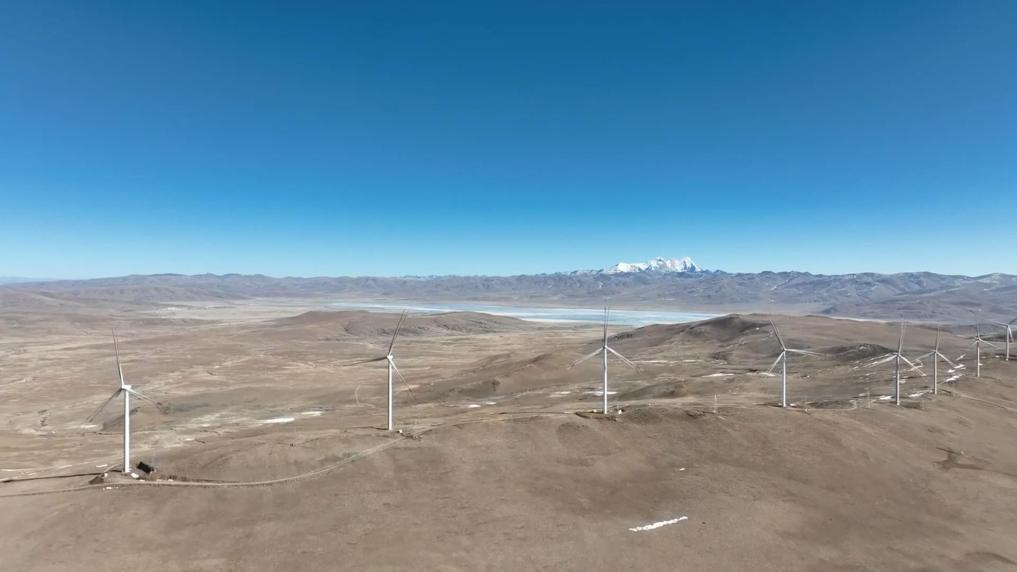HEFEI, July 16 (Xinhua) -- Chinese researchers have recently discovered a link between oceanic oxygenation and early animal evolution, shedding new light on the Cambrian Explosion.
The Cambrian Explosion occurred around the early Cambrian period, approximately 541 million years ago. This period witnessed a rapid increase in the taxonomic diversity, morphological disparity, and ecological complexity of early animals.
Global oceanic oxygenation has been proposed to be the main driver of this rapid evolution. However, recent findings suggest the oxygen requirements needed to satisfy the basic metabolic needs of early animals may have been met.
Some view oceanic oxygenation as a consequence of the Cambrian Explosion rather than a cause, and oceanic oxygenation can interact with animal evolution via positive feedback loops.
Thus, the mechanistic relationship between oceanic oxygenation and early animal evolution remains mysterious.
To gain insights into marine habitability for the Cambrian Explosion, researchers from the University of Science and Technology of China analyzed excess barium contents and isotope compositions of Cambrian metalliferous black shales in the Yangtze Block of South China.
They discovered that global oceanic oxygenation across the Ediacaran-Cambrian transition may have increased the sulfate reservoir via oxidation of sulfide and concurrently decreased the barium reservoir by barite precipitation.
High concentrations of barium in water can inhibit the survival rate of aquatic animals. The removal of both sulfate and barium that are deleterious to animals could have improved marine habitability for the Cambrian Explosion of early animals.
The study was published in the journal National Science Review. ■












